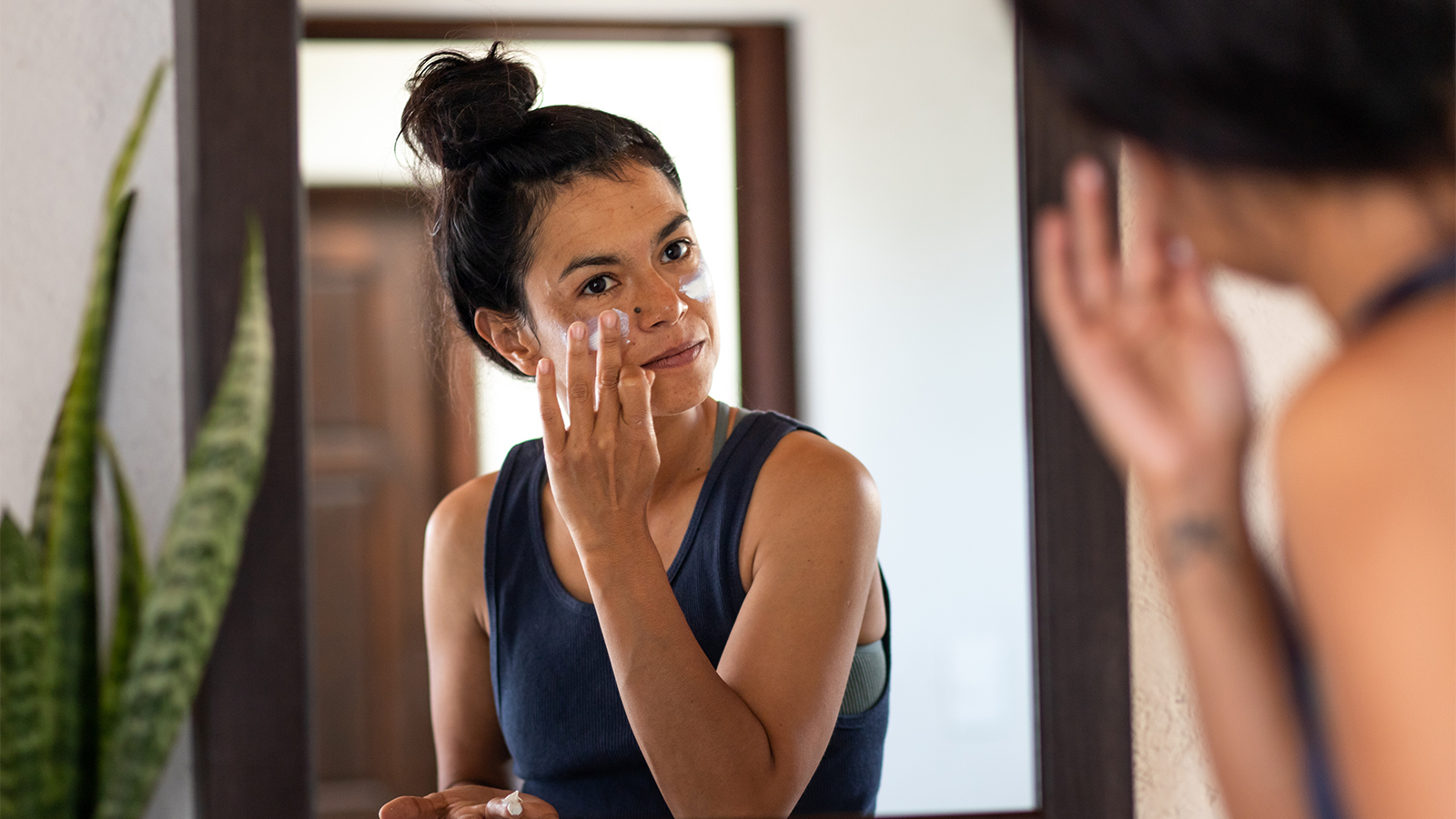3 Bad Habits Sapping Your Beauty
You may be damaging your skin and not even realize it. Here are three bad habits that should definitely be broken.
If you’ve recently given up smoking to thwart lung disease, started wearing sunscreen to prevent skin cancer, or finally kicked the fast food habit for the sake of your waistline, turns out you’ve done your skin a big favor as well.
In the grand tradition of win-wins, giving up bad habits to improve your health can also help you avoid the damaging effects of those habits on your skin.
Sunbathing
We often hear that sunbathing, smoking, and a poor diet can damage the skin, and that’s not just the health community’s way of appealing to our vanity or the skin care industry’s attempt at driving up sunblock sales.
Ultraviolet (UV) radiation from the sun causes damage to the connective tissue and the blood vessels in the skin. It also can initiate cancer-causing mutations in skin cells. This can lead to photoaging and skin cancer.
Smoking
Cigarette smokers also wear the signs of their habit right on their faces. Think of the telltale web of deep lines radiating from the upper lip of a longtime smoker.
Smoking damages blood vessels that supply oxygen to the skin. It also impairs the function of fibroblasts, which are important collagen-producing cells in the skin.
High-sugar, high-fat diet
While research is limited, it’s generally agreed that diets high in refined sugars and unhealthy fats are bad for skin function and appearance. Much of what we know about the effects of sugar on the skin comes from diabetes research, and what’s becoming clear is that sugar can attack fat and protein in our bodies in a process called glycation.
For the important proteins that make up skin’s youthful appearance—collagen and elastin—glycation is a nasty process that ages the skin by causing connective-tissue damage and chronic inflammation. To make matters worse, glycation causes the skin to be more susceptible to the assaults of cigarette smoke and UV exposure.
On the other hand, it seems that diets that include the following are all skin protective:
- Green leafy vegetables like spinach
- Yellow and orange vegetables like carrots, squash and pumpkin
- Antioxidant-rich foods like blueberries, fatty fish, beans and nuts
But still get a little sun!
Worry not (worrying is bad for your skin, too) because quitting smoking, practicing safe sun, and eating right can help you keep your skin glowing. When it comes to the sun, just remember you don’t need to be a total vampire. A little bit of sun exposure is important for getting enough vitamin D, a vital nutrient our bodies produce from a bit of sunlight, as well as diet.
Only about 10 to 15 minutes of sun exposure daily are needed to maintain healthy levels of vitamin D. And you need less sun exposure if you increase dietary supplementation. We can get our recommended daily 400-800 IU of vitamin D through a well-rounded—and skin-caring—diet that includes some foods fortified with vitamin D, limited sun exposure, and a multivitamin.

